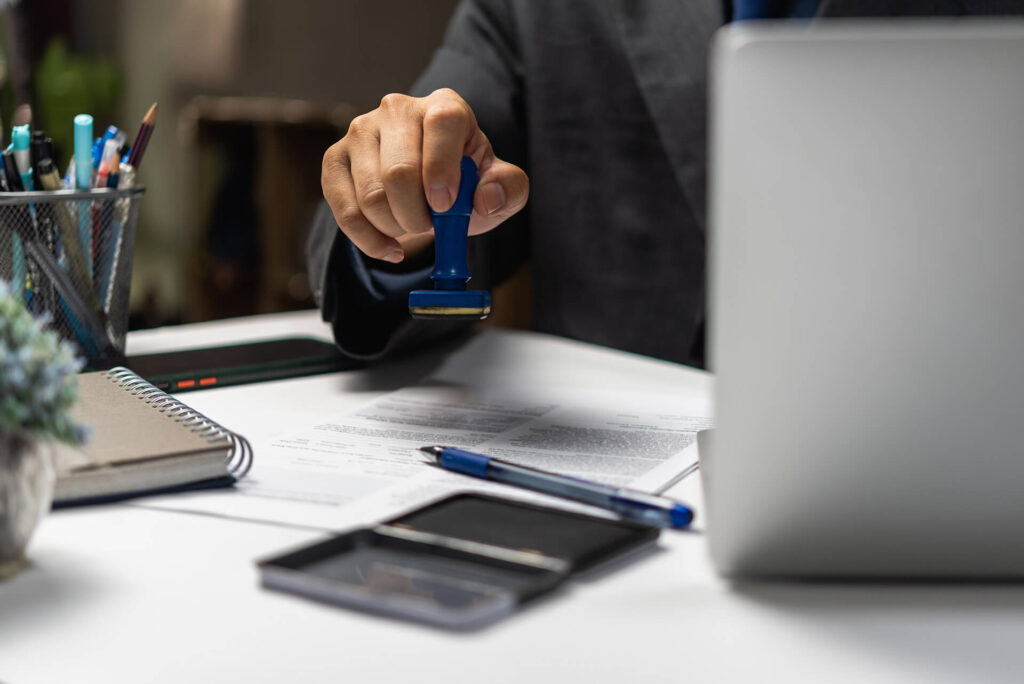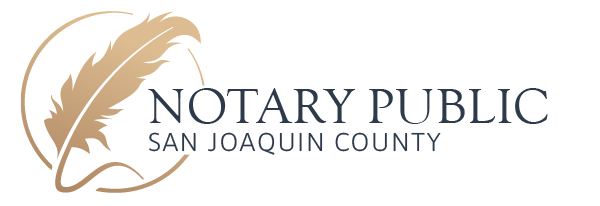Whether you’re signing a real estate document, a power of attorney, or a business contract, proper preparation for a notary appointment ensures a smooth and efficient process. Notarization is a critical step in verifying document authenticity and preventing fraud. To avoid delays or complications, follow this simple step-by-step guide to get everything ready for your notary appointment in San Joaquin County.
Step 1:
Confirm Your Document Requirements
Before your appointment, ensure you have the correct document that needs notarization. Some institutions may have specific formatting or additional requirements. Double-check with your attorney, lender, or the requesting agency to ensure everything is in order.
Step 2:
Bring a Valid Form of Identification
A notary must verify your identity before notarizing your documents. Acceptable forms of identification include:
- A government-issued driver’s license
- A U.S. passport or passport card
- A state or military ID
Your ID must be current and match the name on the document to avoid issues.
Step 3:
Ensure the Document is Complete (But Unsigned!)
While all required fields should be filled out, do not sign the document in advance. The notary must witness your signature to validate the notarization.


Step 4:
Verify the Notarial Act Required
Notaries perform different types of notarizations, including:
- Acknowledgments (confirming identity and voluntary signing)
- Jurats (requiring an oath or affirmation)
- Copy Certifications (verifying a document’s authenticity)
If unsure, confirm with the requesting agency which type is needed.
Step 5:
Understand Notary Fees and Payment Options
California sets a maximum fee for notary services, but mobile notary services may include additional travel costs. Ask about pricing beforehand and prepare the correct payment method, whether it’s cash, credit, or another accepted form.
Step 6:
Choose a Convenient Location
If using a mobile notary service in San Joaquin County, confirm the time and location in advance. Popular locations include homes, offices, hospitals, and coffee shops to ensure convenience.
Step 7:
Bring Any Required Witnesses
Some documents, such as wills or power of attorney forms, require additional witnesses. Ensure they meet legal eligibility requirements (usually over 18 and not named in the document).
Proper preparation can make your notary appointment quick and hassle-free. By following these steps, you’ll ensure a smooth experience without unnecessary delays. If you need a reliable mobile notary in San Joaquin County, contact Notary Public SJC today to schedule a convenient appointment.

